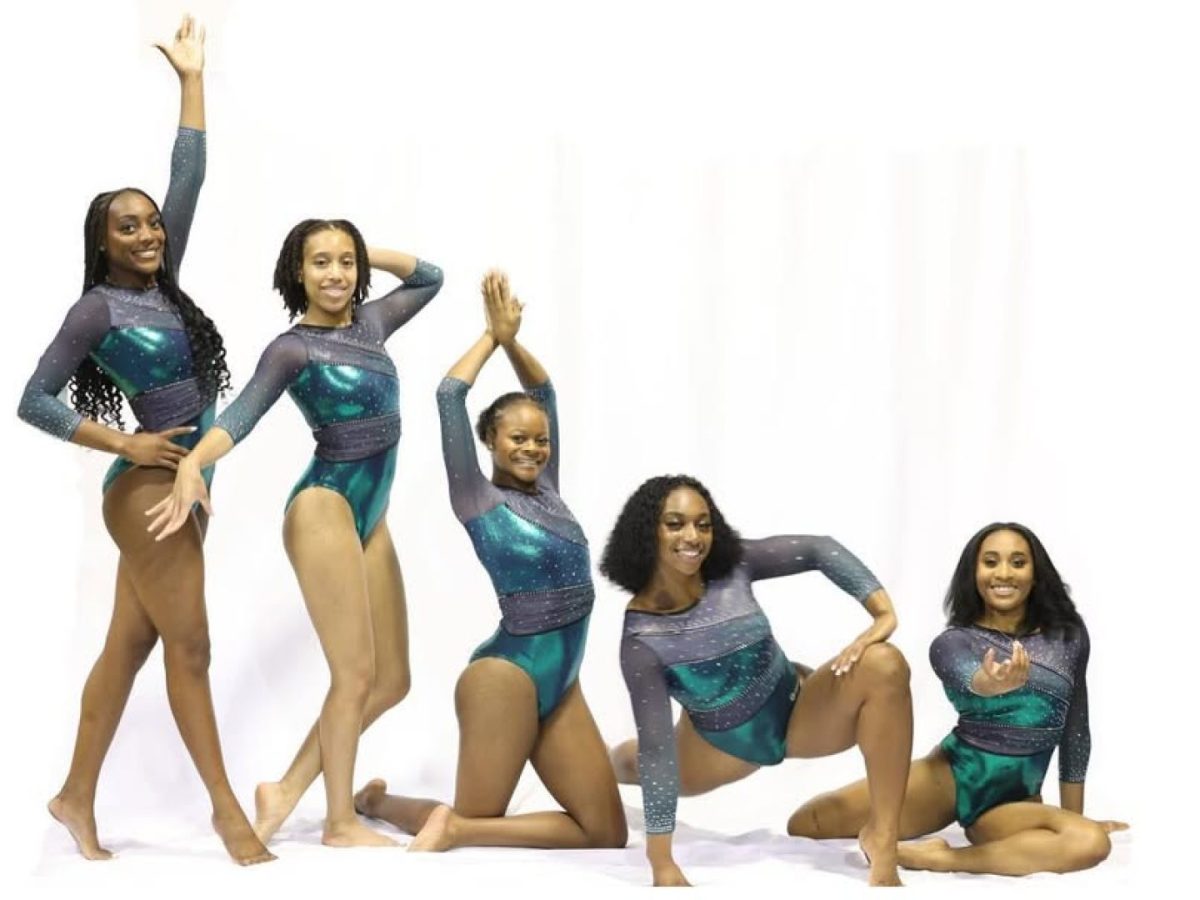
There is no limit to what Black women have contributed to the world of sports, and Wilberforce University is making its presence felt by debuting its new gymnastics team. They will begin competing this month as an NCAA gymnastics team. This significant development underscores the historic impact of Black women in gymnastics, demonstrating that the sport truly began to evolve when women of color took center stage. Wilberforce’s debut is especially noteworthy as they become the third Historically Black College or University (HBCU) to field a college gymnastics team following Fisk University and Talladega College.
Gymnastics enthusiasts have high hopes for Jaidyn Bryant due to her previous standout career at Talladega College gymnastic team while making history on January 4th for Wilberforce. This star-athlete was the first Wilberforce University gymnast to compete on bars during the inaugural season at a multi-session meet in San Diego. She led her team and showcased her exceptional talent as an All-Around competitor. Moreover, Sadara Mayhorn, who boasts an impressive academic career at Stream Academy in Kentucky has chosen to join the Wilberforce University gymnastics team as she had excelled in vaults, bars, beams, floor and AA during her career at Excel Gymnastics and Legacy Gymnastics. Her teammates include several level 10 freshmen embarking on their competitive journey. These athletes are Madison Kelly, Emily Herrera, Saniah Smith, and Mikaya Clemens.
During this pivotal moment in history, the expansion of gymnastics programs at Historically Black Colleges and Universities (HBCUs) is expected to provide affirmation for young Black girls who often lack representation in the sport. Girls United spoke with Dr. Morgan Byrd, the head coach of Wilberforce University’s new gymnastics team. She discussed the benefits of HBCU gymnastics teams for future generations, stating, “it creates a space where they can envision a future in gymnastics and feel empowered to pursue it at a competitive level. Representation matters, and having HBCUs invest in gymnastics opens the door for greater accessibility, visibility, and opportunities for athletes who may have been overlooked,” Dr. Morgan told GU.
For years, the world has marveled in awe at the achievements of renowned gymnasts like Simone Biles, Jordan Chiles and Gabby Douglas. Thus sparking a growing desire to see more Black women excel in this sport. The visibility of Black female gymnasts is crucial for increasing recognition of women athletes. According to an article by the Tallahassee Democrat, in 2021, only 9% of Division I athletes on women’s college gymnastics teams identified as Black women, according to NCAA data—a number that will continue to increase with the HBCU initiative in place. While this number is gradually rising, society yearns for more opportunities and accolades awarded to black women in sports. Therefore, Dr. Morgan Byrd plays a vital role in empowering Black women in the gymnastics field for many generations to come.
When asked about her experiences as the head coach of the third HBCU gymnastics team, Dr. Byrd expressed the responsibility and privilege associated with this significant role. She stated, “it’s a chance to shape not only our program but also the narrative of inclusion in gymnastics. Personally, it’s an opportunity to uplift and mentor young women while breaking barriers that have historically limited access to this sport. My goal is to create a competitive program that excels athletically, academically, and culturally, demonstrating that excellence is multifaceted,” she told GU.
The NCAA competition serves as a transformative platform to highlight many Black student-athletes, allowing the world to witness a shift in the landscape of women in sports and inspiring future generations. Wilberforce University’s unwavering efforts to inspire young athletes have not gone unnoticed, as they continue to challenge the barriers that women in sports face. Through their determination to make a positive impact in the sports arena, we are inspired by their unlimited talents, magnifying the voices of underrepresented demographics within the sports world.
Regarding the future recognition of Black women in sports, Dr. Byrd expressed her hopes for a world where they are acknowledged not only for their athleticism but also for their leadership, innovation, and contributions to the sports world at every level. She envisions a future where Black women are celebrated for their diverse talents, given equitable resources, and represented in decision-making spaces. Ultimately, she desires a shift in how sports perceive diversity—not as a quota to fulfill, but as a standard of excellence that drives progress.